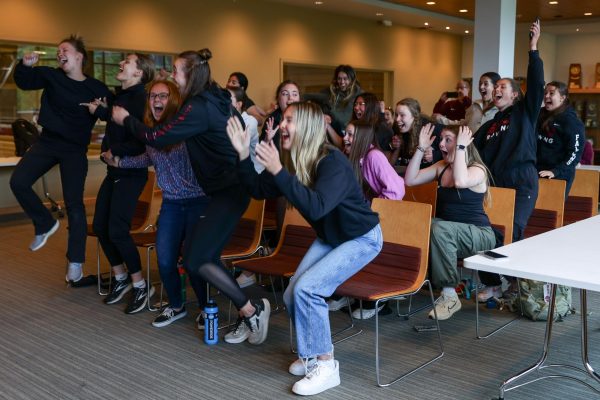Would I stay if I could?
A place can still be good even if not perfect
January 12, 2023
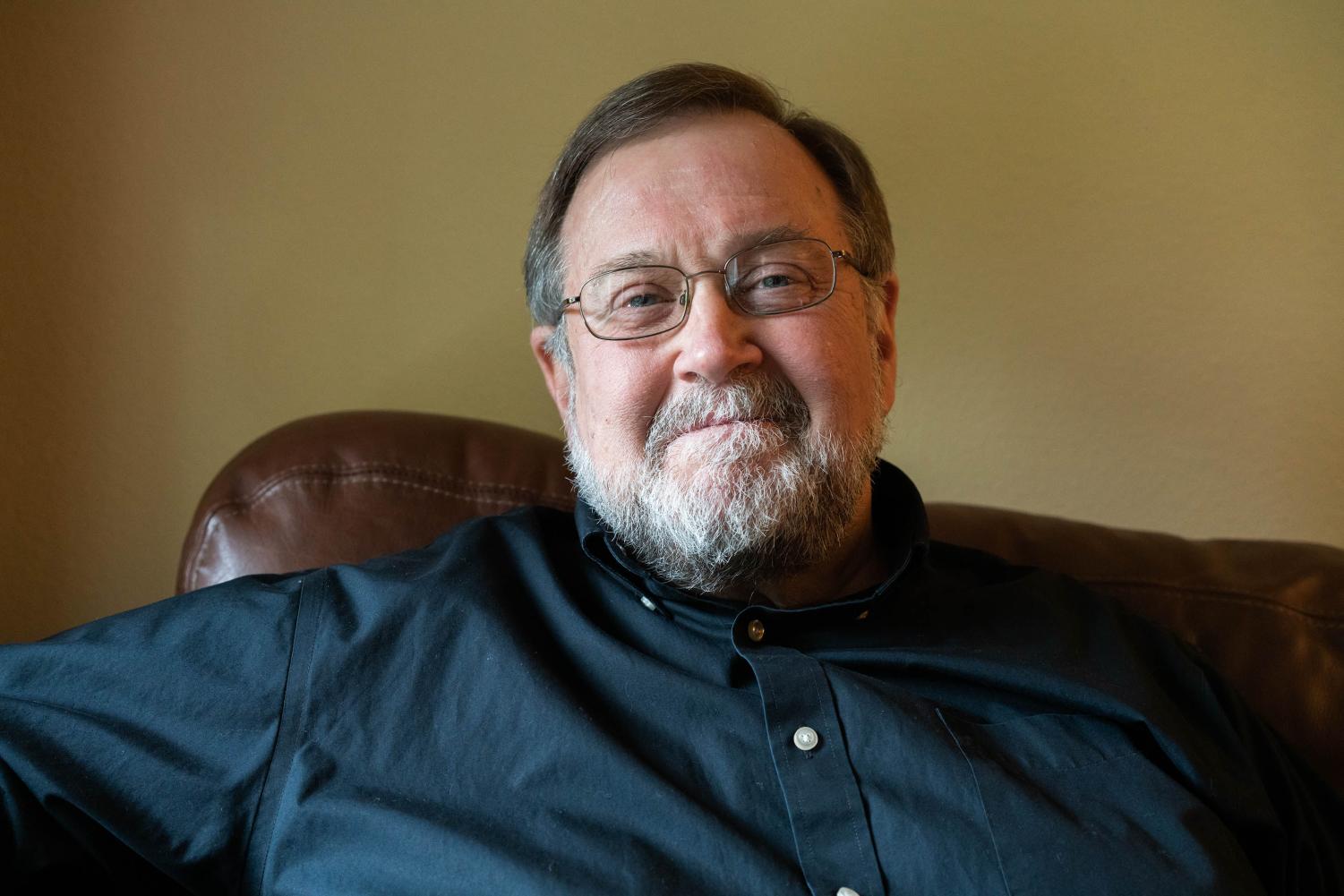
The Falcon has asked me to explain “why I am staying at SPU.” Actually, I am not. I will be retiring in June 2023. Most of the reasons for my decision to retire are pragmatic or personal and have little to do with the tribulations through which SPU is passing. First, I just turned 70, which the Social Security Administration deems “full retirement age,” that is, the age at which monthly benefits reach their upper limit. Second, I am slowing down both physically and mentally and feel I have just about enough gas left in the tank to finish writing a book that I have been working on for many years.
Third, I have been at SPU for 28 years, and the style and content of my teaching seems increasingly outdated. My younger faculty colleagues in the School of Theology, whom I love dearly and feel immensely proud of, are better equipped to carry out the school’s mission than I am. Fourth, I have hundreds of books on my shelves that I want to read or re-read before I die, and I am a very slow reader. Finally, and above all, I want to spend as much time as may be left to me enjoying the company of my wife and family.
So, let me rephrase the question: If I were not retiring in a few months, and if I did not have all these pragmatic and personal reasons for doing so, would I stay at SPU? That is a hypothetical question, of course, and answers to such questions can easily become grandiose and disingenuous. But, throwing caution to the wind, I would say yes. I have come to love this good place, and it seems to me very foolish to leave a good place simply because it is not a perfect place.
There may be places that would suit me better than SPU, though I cannot think of any, and in my judgment, the virtues of this place outweigh its faults. Nor would I add the seemingly high-minded caveat that my reason for staying would be to work to change this place’s faults. Sure, I might find the gumption to do so, but then again, I might fall short. I have made too many “piecrust promises” in my day, ones that are “easily made and easily broken,” to have much confidence that my noble intentions will inevitably eventuate in actual contributions.
In short, I want to avoid both moral self-congratulation and fanciful utopianism here. SPU is a good place, and it could be a better place. If I were young enough to be staying, I would stay because it’s a good place. And maybe, just maybe, I could even help improve it a bit.
Of course, SPU is not and never will be a perfect place, because there are no perfect places.
But the fact that a place has faults does not disqualify it from deserving its constituents’ loyalty. Indeed, if there is one attribute of a place that makes it a “good place,” that is, a place that truly qualifies it for the loyalty of its constituents, it is its willingness to acknowledge its faults and solicit its constituents’ efforts to work for its improvement, gradual and partial as such improvement must always be in this fallen world of broken people. And although not everyone around here is ready for all of the changes that others, including myself, feel are necessary, there has at least been vigorous debate about who we should be and what we should become. May that debate continue, vigorously but civilly.
Put simply, if I were not retiring in June for personal and pragmatic reasons, I would stay at SPU. Why? Because SPU has convinced me over the years that it is committed to fearless self-criticism and relentless self-reform. Is its progress slow? Yes. Does it stall or backslide? Sometimes. Do its achievements fall short of its ideals? Always. But that makes it precisely the kind of place for a stumbling old penitent like me.



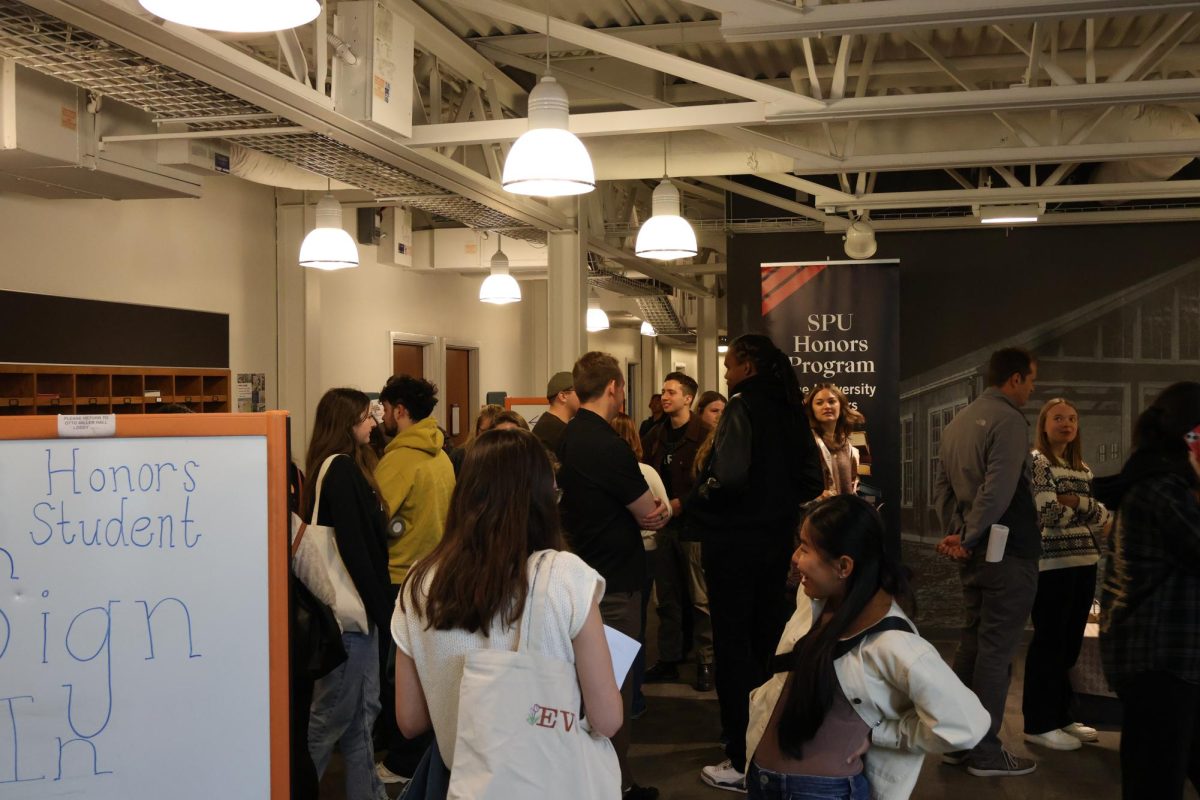
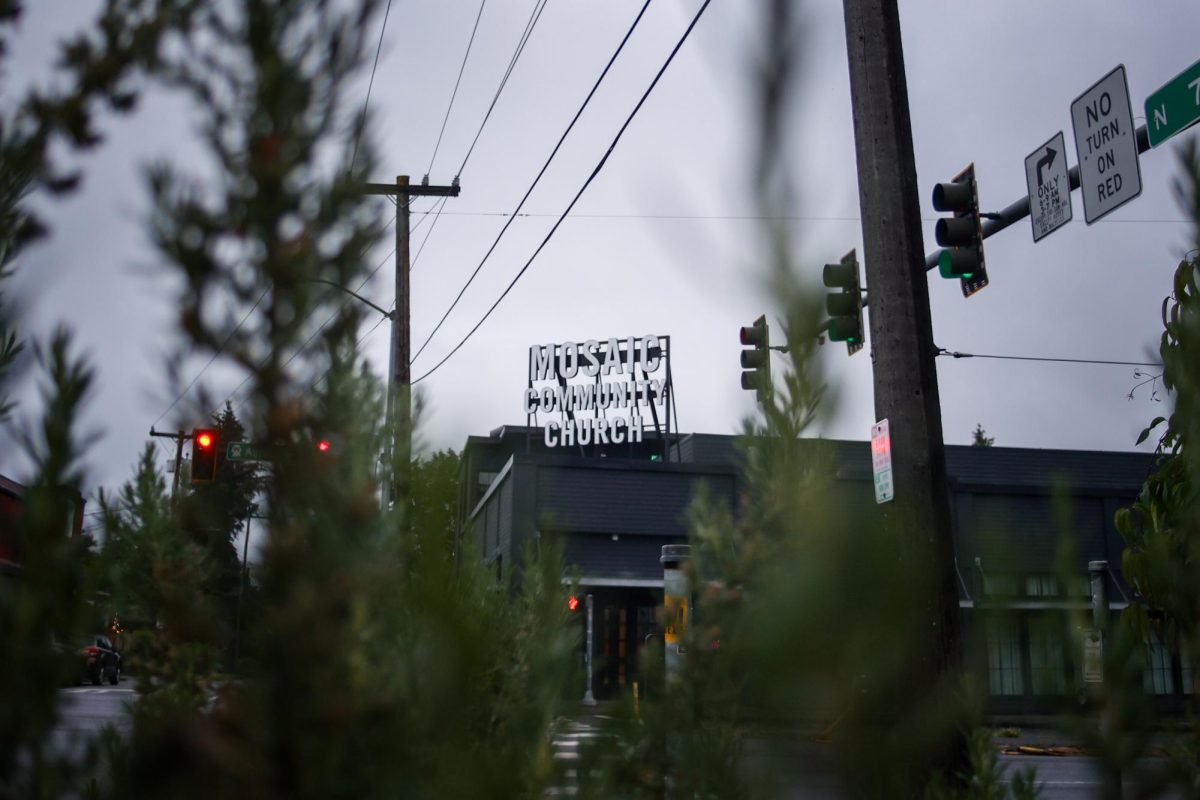
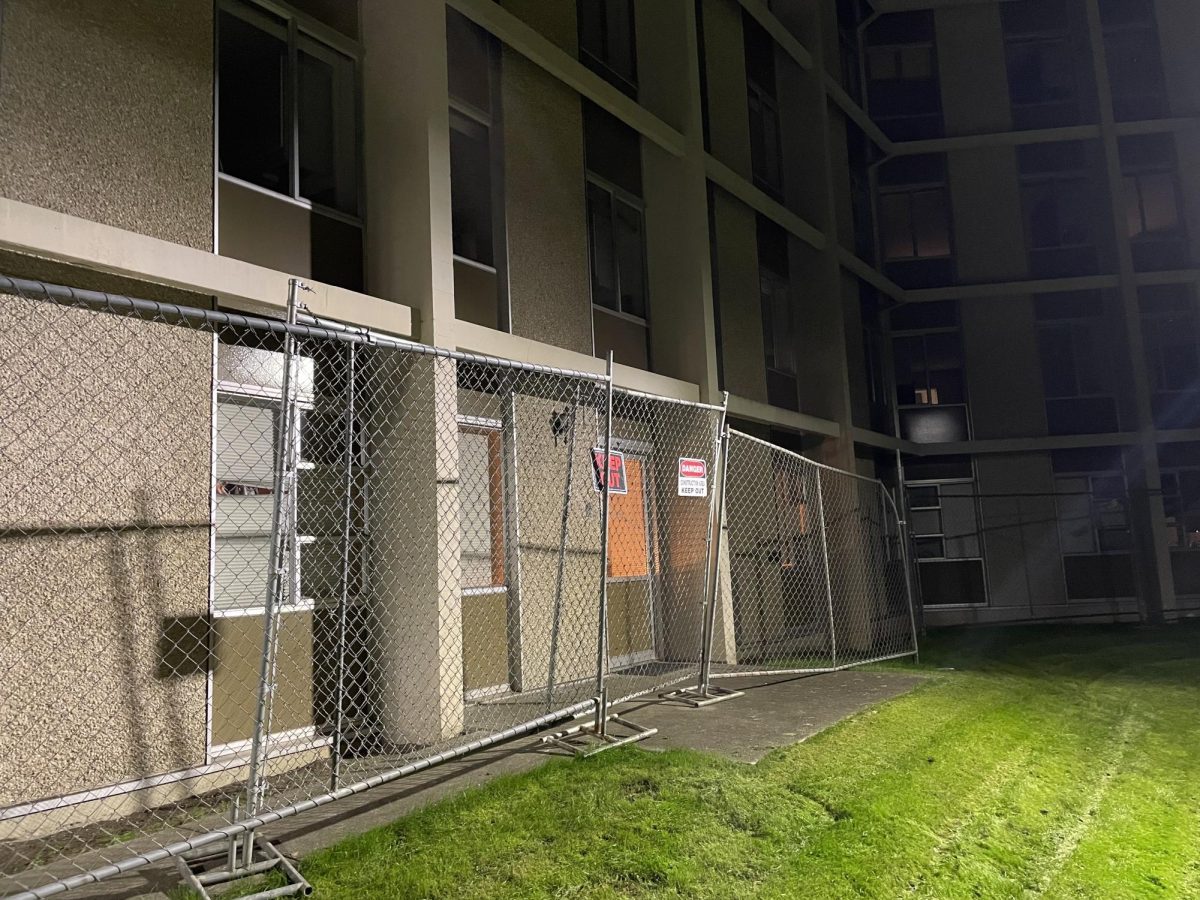









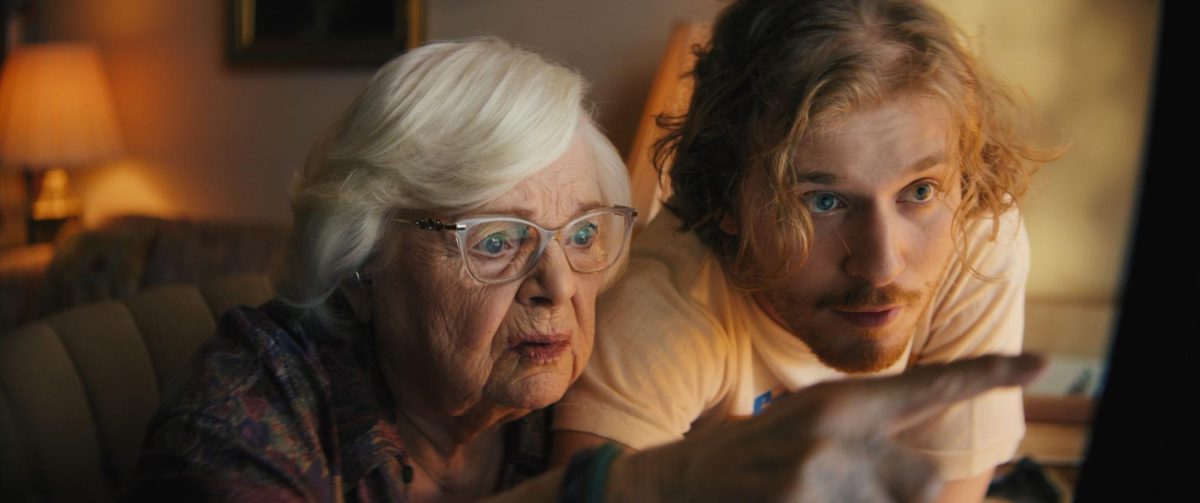



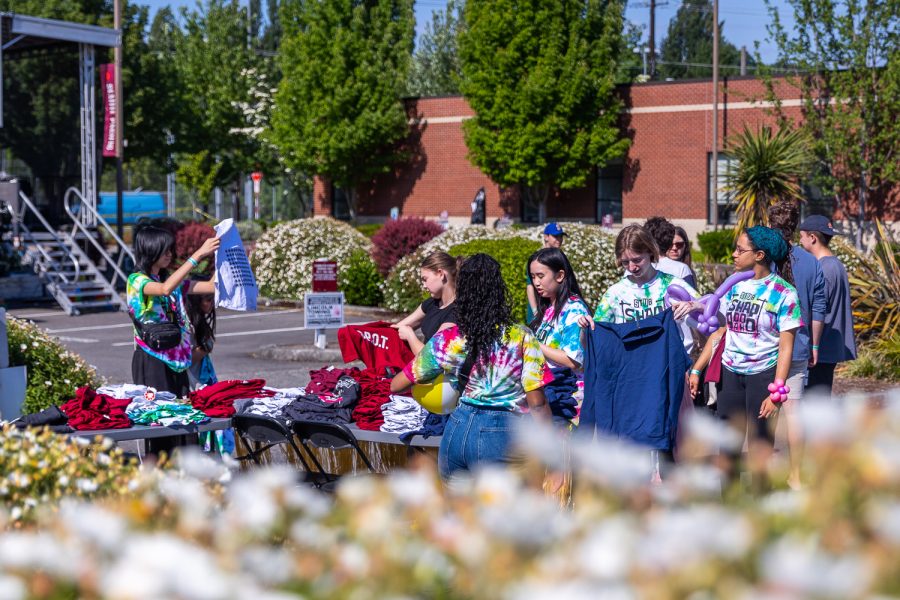
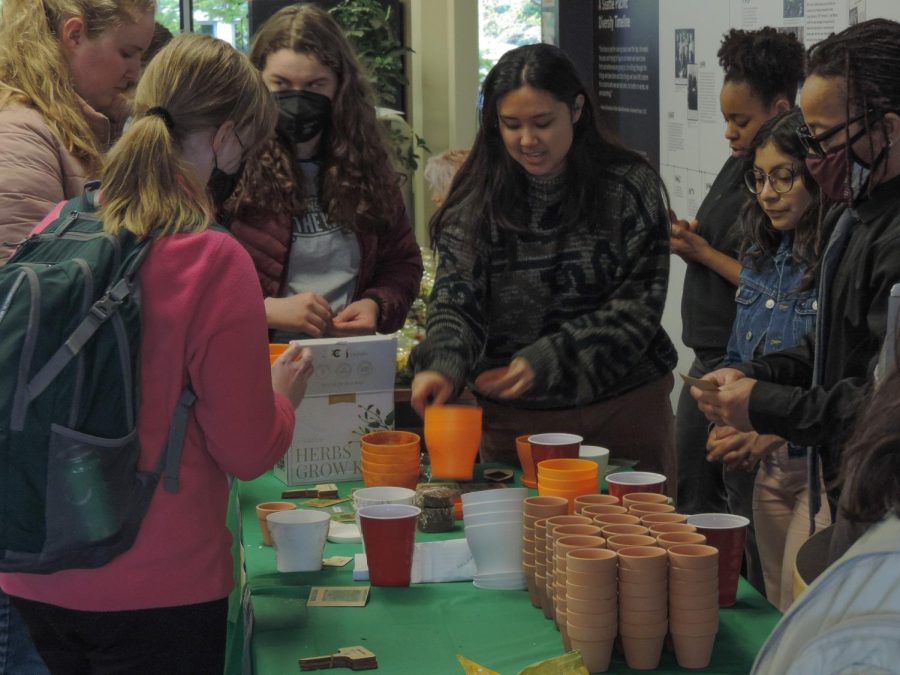

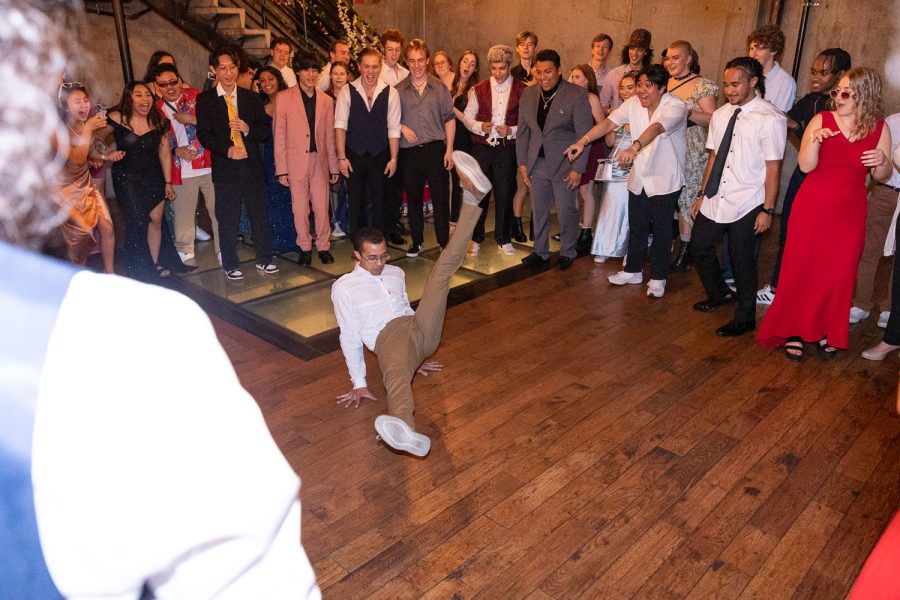

















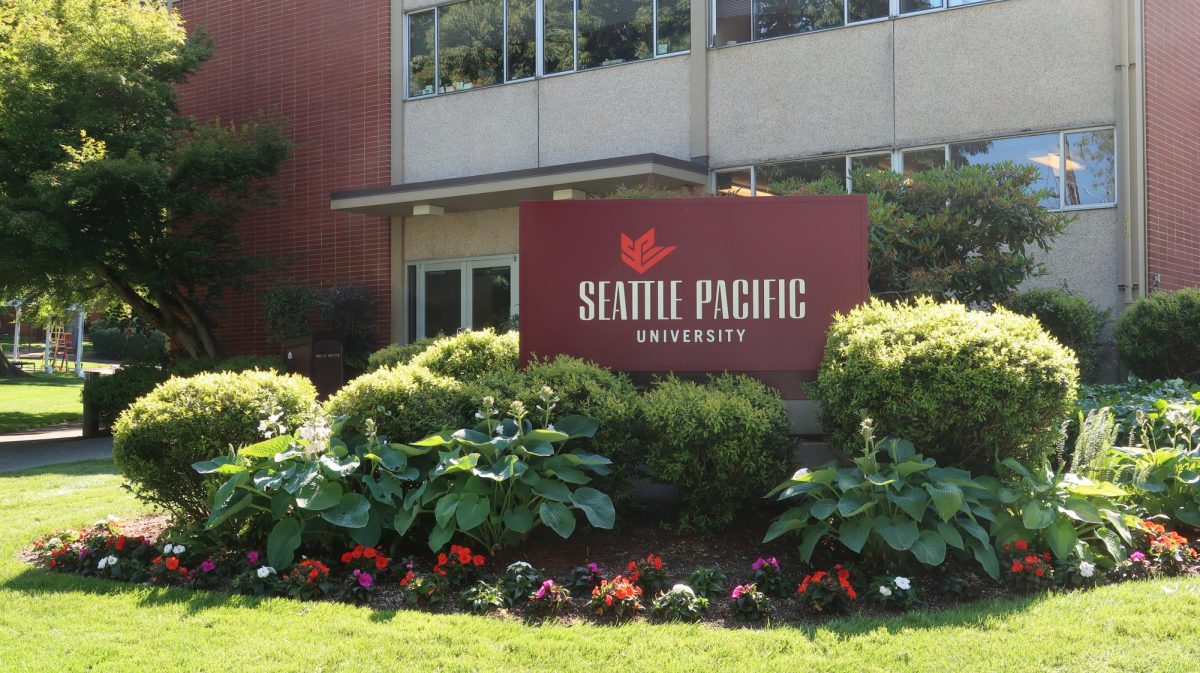


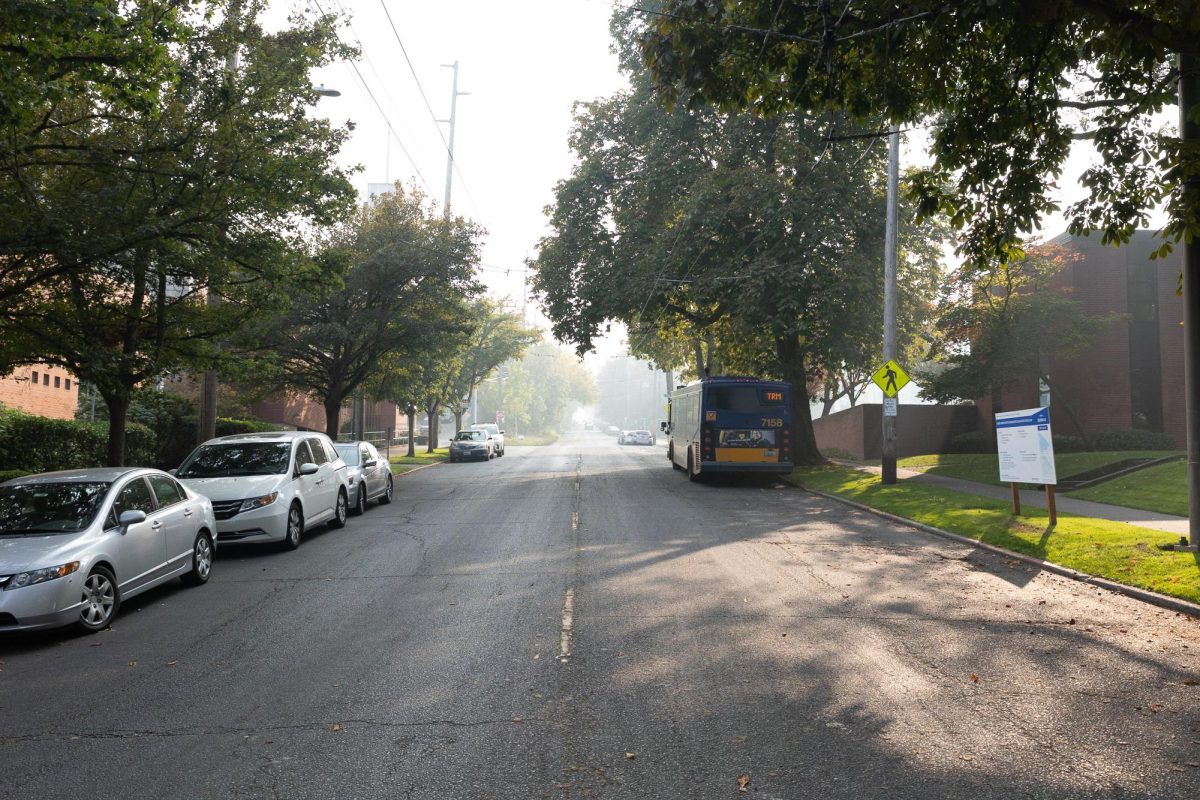



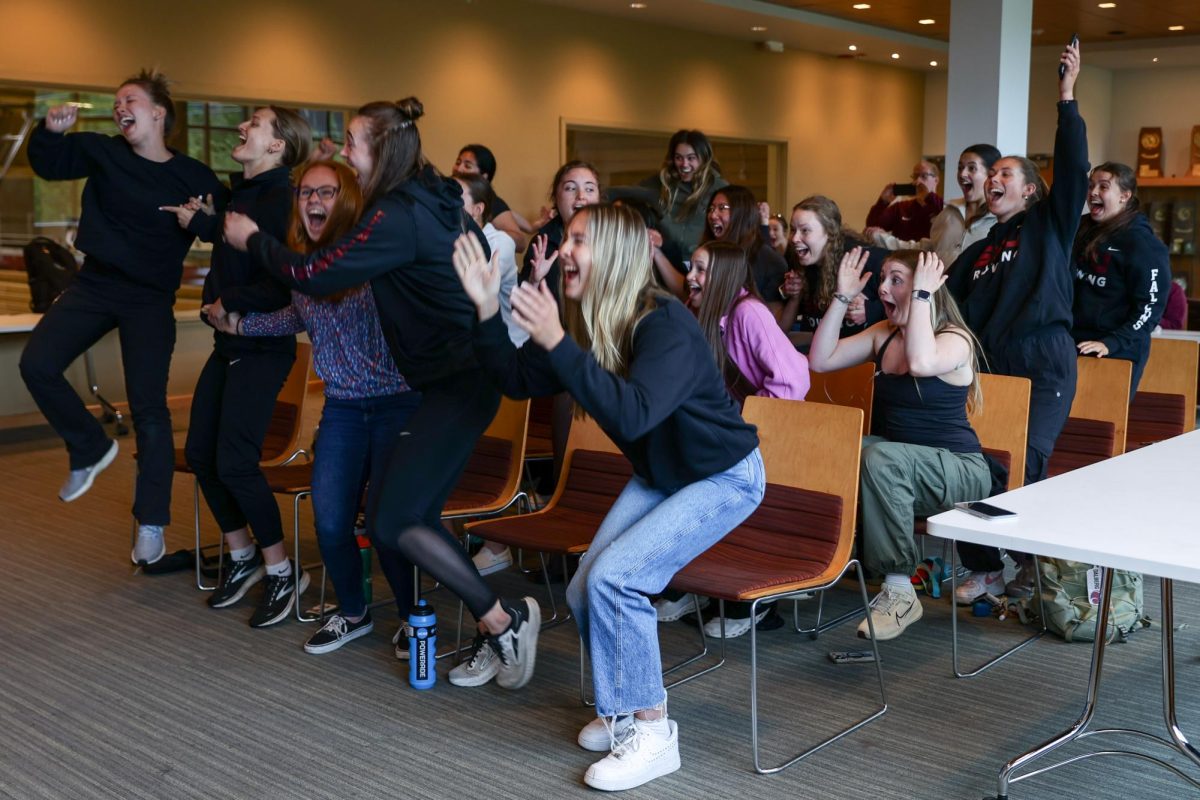





































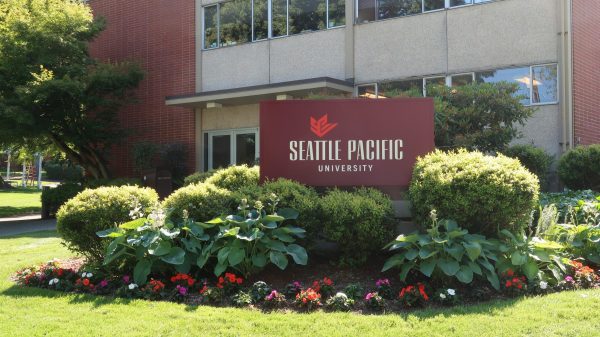



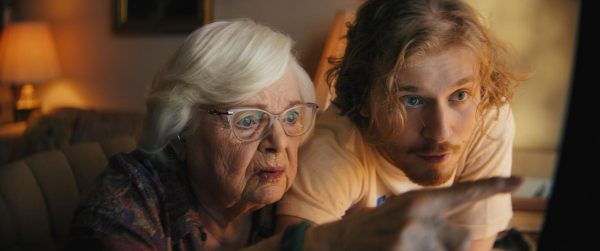
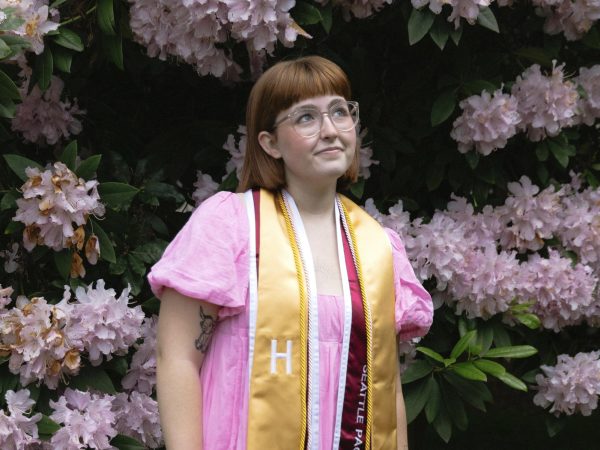
![Queer joy at SPU’s [Redacted] Fest](https://thefalcon.seapacmedia.com/wp-content/uploads/2024/05/04_14_23_9999_1-600x400.jpg)


